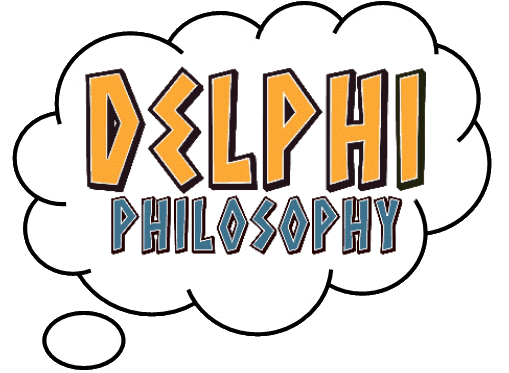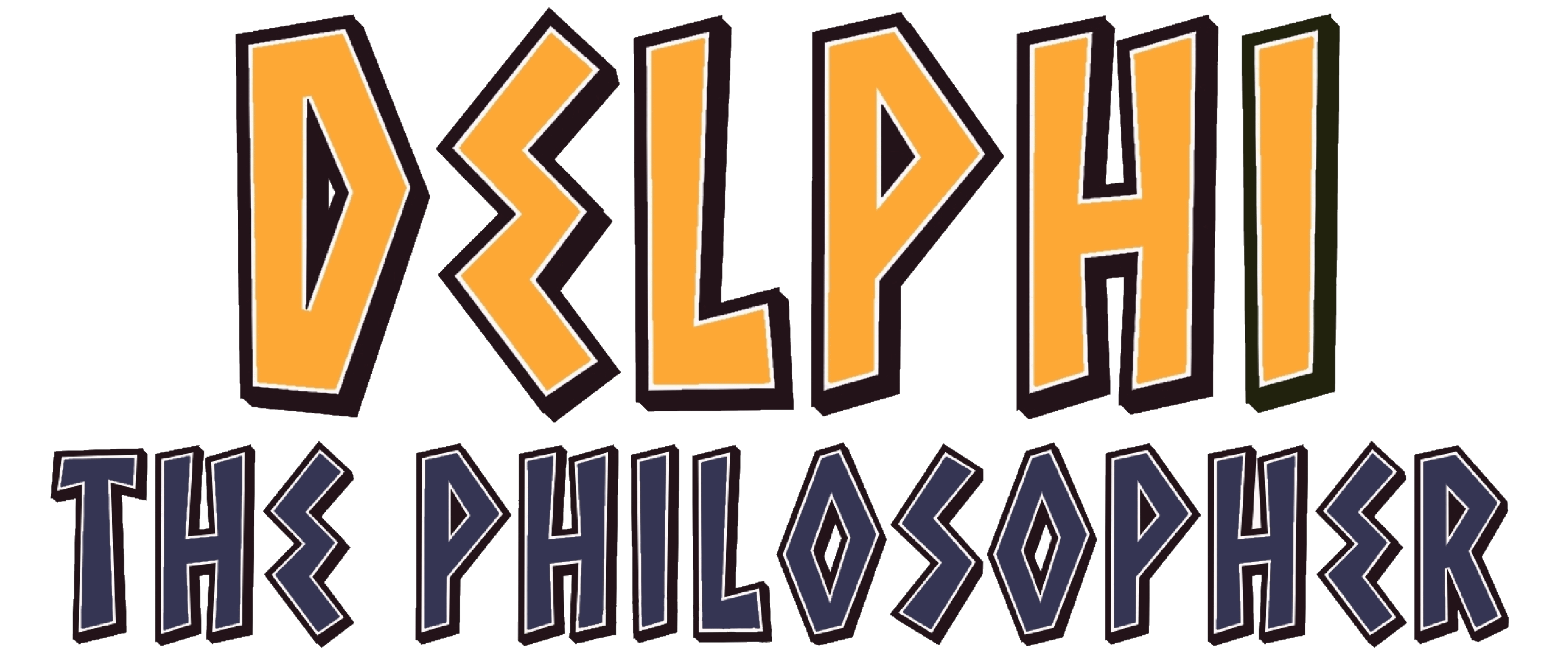“I heard he thinks he’s the best speaker in the city now. After what happened with Socrates,” Plato muttered. “You should ask him what fair means.”
Delphi had a Thought. It was one of those Thoughts. The kind of Thought that once you’ve had it, your brain just won’t behave in the same way again. She wanted to be like Socrates? Right then…
“Yeah, OK,” she said, and got up.
“Delphi!”
Delphi is in the Agora and is desperate to help Socrates - but no-one's listening to her. Like many things in Athens, it's not fair. But when Delphi sees Miletus - the very man who got Socrates arrested - she gets an idea.
Big Questions:
-
What does 'fair' mean?
-
Can we define ideas like 'fair'?
-
Do we not really know what it means?
Skills focus:
-
Identifying a philosophical argument
-
Evaluating the success of an argument
-
Asking about the meaning of an idea
Teach this lesson!
Register for free and download the lesson plan, slideshow and resources to teach this enquiry yourself.
Lesson Overview
This lesson helps to develop the children’s skill in discussing abstract ideas, with a focus on evaluating existing philosophical arguments. The chapter is a classic Socratic dialogue – where the children will follow a philosophical discussion between two characters and give their response to each argument. The issue that is being discussed is the meaning of ‘fair’, and through the chapter three different definitions are suggested and all rejected. By focusing on these arguments, discussions will develop the children’s comprehension, logical thinking and reasoning skills.





